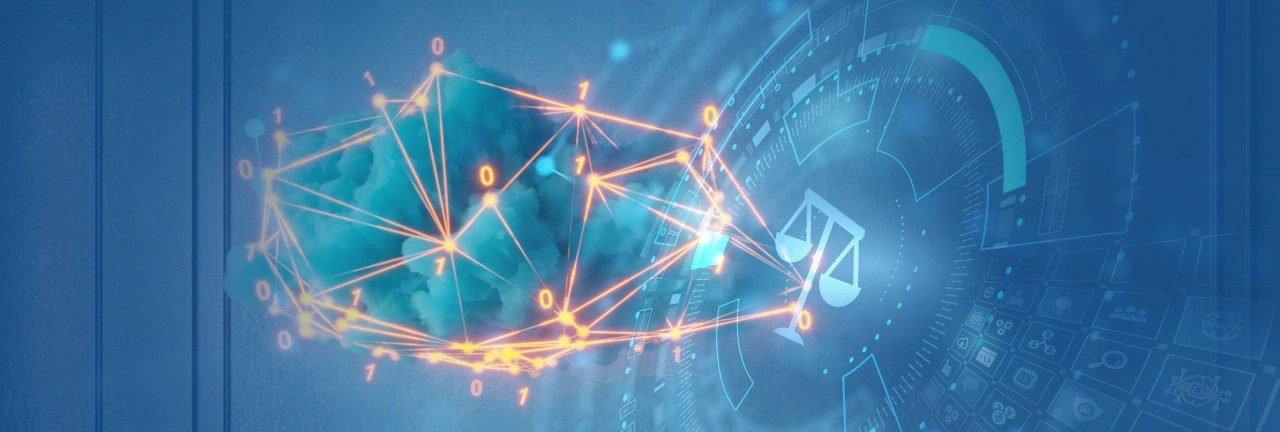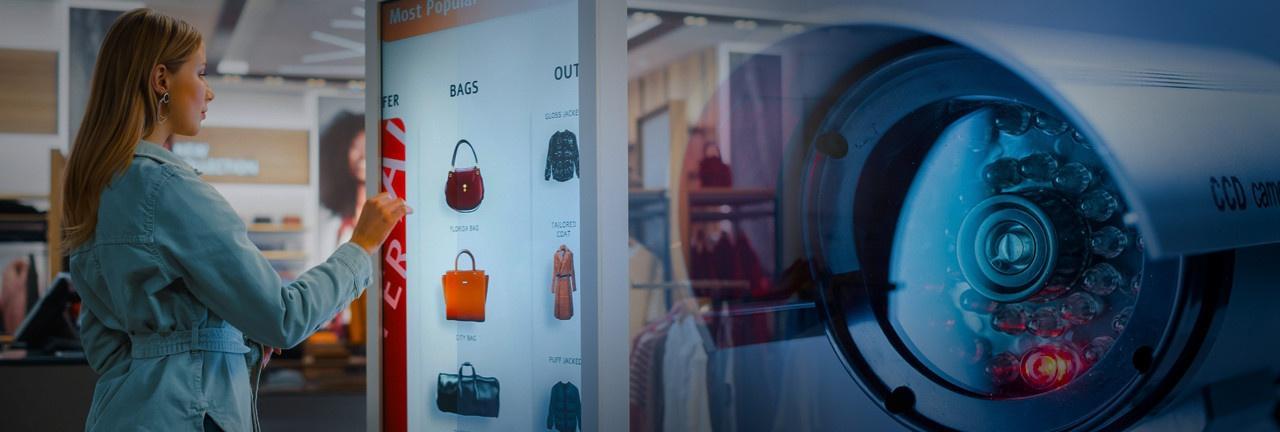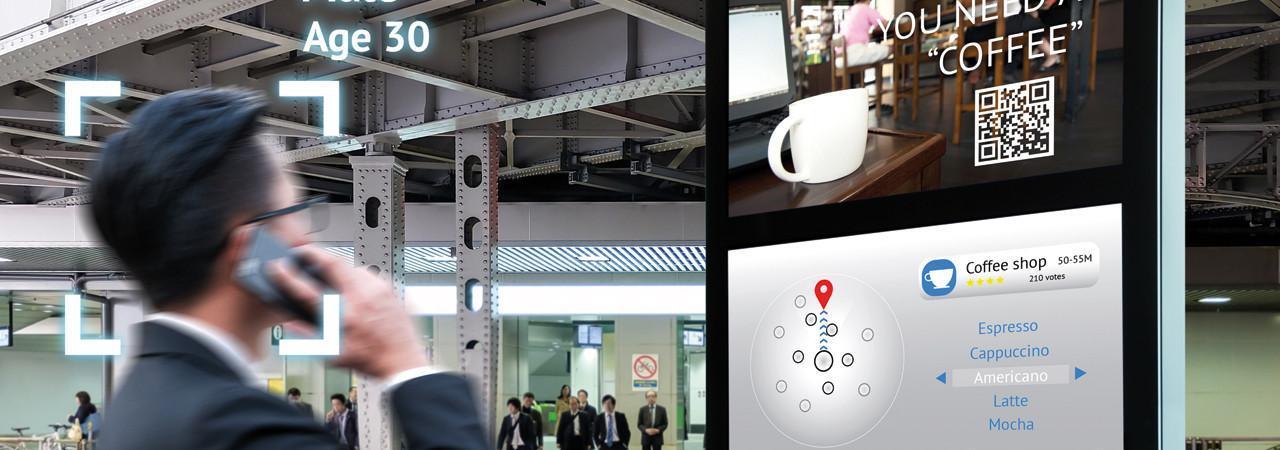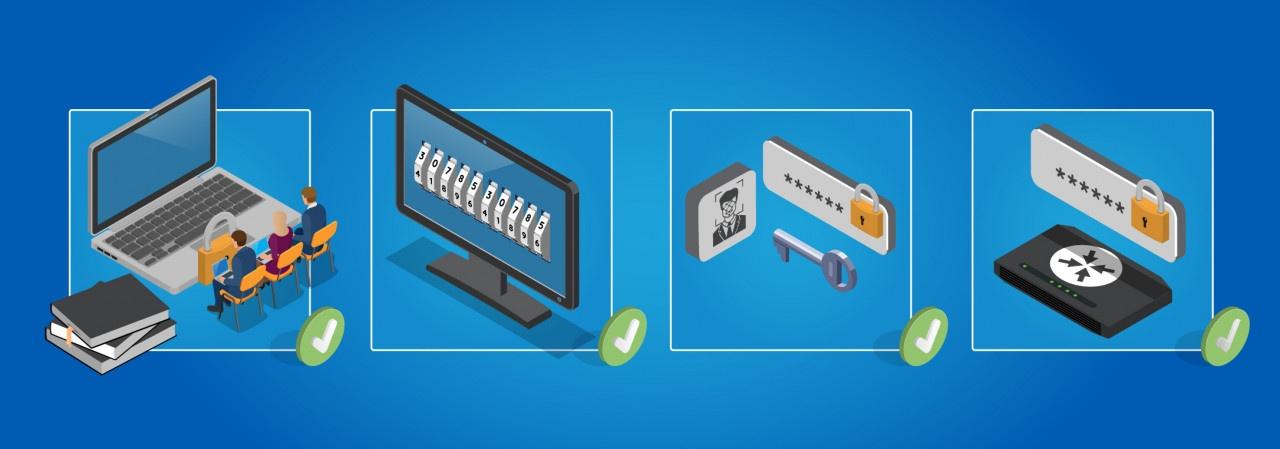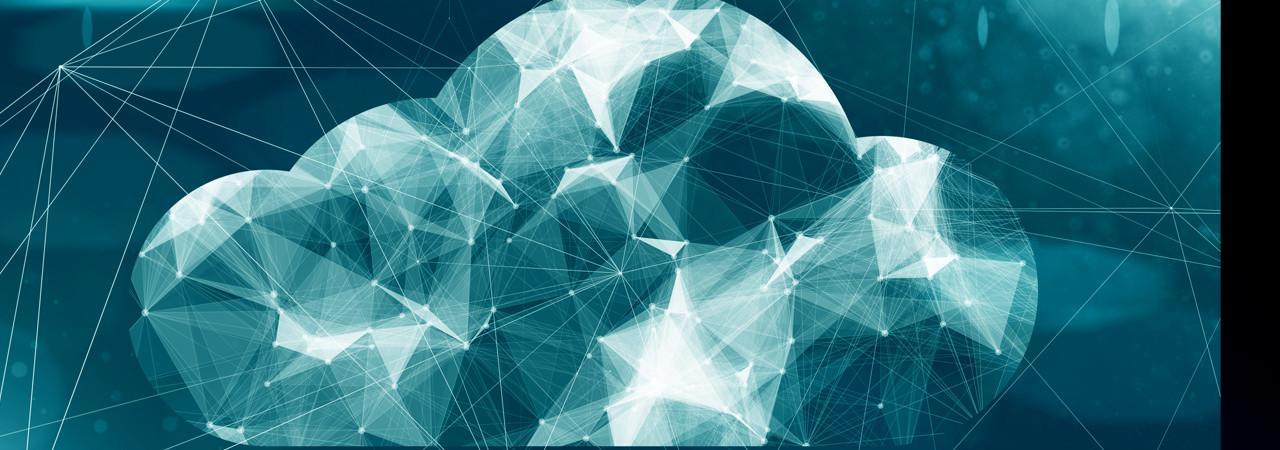The security of enterprise networks is a critical priority for all organisations across the public and private sectors, as they are forced to contend with an increasingly turbulent cyber threat landscape. As a result, network teams increasingly find their roles overlap with their organisations' cyber security strategies, with numerous siloed elements now converging.
Although digital transformation amongst Legal firms has typically been comparatively slow compared to other sectors, the journey has picked up speed over the course of the last decade.
Whatever sector you operate in and whatever your long-term business goals, your network is the foundation of your future success. With the distributed workforce now firmly established and customer interactions taking place over an evolving range of channels, business is now truly interconnected, with seamless, secure dataflows its lifeblood.
Secure Access Service Edge (SASE) represents an elegant convergence of network and security technologies as a single, end-to-end solution, perfectly suited to the modern distributed workforce and the increasingly dynamic nature of corporate networks. As a growing number of organisations are discovering, SASE has the potential to completely transform the way we design, deploy, manage, and scale corporate networks. Indeed, 60% of IT leaders are ready to fully embrace SASE by 2025*.
Despite the numerous interconnected elements now involved in effective digital transformation, the network remains the foundation of everything, ensuring any investment in new technologies delivers the best possible ROI, and that teams at all levels are empowered to deliver their very best, 24 / 7. As such, the digital transformation journey must always begin with a full network transformation.
Now more than ever, organisations across the public and private sectors depend on seamless, secure, and high-quality communications. Even with an increasing range of channels having established themselves in recent years - including voice, email, video, and SMS - voice services remain a key part of how we communicate and collaborate.
According to the latest PwC report, about 14 shops are closing every day in the UK as the high street faces one of its toughest seasons in five years. It’s no secret that the convenience of online shopping has been challenging retailers for some time now. With the world of technology ever changing, retailers need to adapt in order to keep up with both their immediate competitors and the wider industry.
The GDPR deadline day of 25th May has been and gone, but sticking to the legislation remains as important as ever. This is because GDPR is, in fact, not something that can just be 'done'; instead, it is ongoing and needs to be constantly changed and updated. The onus is on housing associations to comply with GDPR not just today, but in six months, a year, two years, and beyond.
In the face of globalisation, digitisation, and the entirely new business models that have followed the emergence of new and innovative services, the need for rapid change is being defined and set by customers and their expectations.
The Finance sector has always been one of the most dynamic, rapidly evolving industries, and this shows no signs of changing any time soon. But while shifts in the landscape may well open new opportunities, they will also come with new challenges, and it is the organisations who are ready and able to face these head-on who will continue to thrive in the years ahead.
Now more than ever, digital security is a team effort, with staff at all levels of an organisation having an active part to play in keeping critical business data safe. With the outbreak of COVID-19, and an unprecedented volume of staff working from home, robust security policies and systems are no longer enough - each and every member of staff must consider security as a fundamental part of their developing remote working routines.
But what can each of us personally do to ensure our organisations maintain their usual standards of security for the duration of this crisis, without letting such measures detract from our day-to-day work? Here are a few starting points…
Be prepared
If you're new to remote working, don't go in blind. Take the time to re-familiarise yourself with your company's security policies (particularly any new ones for home workers) and be sure to attend any training sessions that are on offer (as many organisations are rolling out remote training sessions for home workers, there are no excuses!). This will make the transition far smoother and allow you to stay focused on your work.
Secure your router
At Exponential-e, we always say that 'your Cloud is only as good as your network'. In the same way, your remote working solution is only as good as your router. As above, make sure its password is secure (especially if you've never changed its pre-set password!) and take any recommended security measures, both from your network provider and your IT team.
Check your passwords
This is a familiar refrain in the world of data security, but it always bears repeating. Familiarise yourself with current best practice regarding password creation (there are plenty of useful resources available online for this) and avoid reusing passwords. While memorising multiple passwords for each platform you use for work is certainly inconvenient, there are many excellent password manager tools available. Ask your IT team which one they would recommend, as your company may already require employees to use a specific one.
Enable updates
We all know how irritating requests to install updates on our personal devices can be, but in our current climate, it's more important than ever. More than just keeping your own devices secure, a single instance of malware could bring down your entire company network, so don't take any chances. Ensure you install all recommended updates, or – better yet – enable automatic updates. This will ensure your devices are always protected against the latest security threats.
Ask!
As we've already mentioned several times in this post, if you are unsure about anything when it comes to data security, don't guess… ask the right person! In particular, your IT team will be more than happy to advise you about security best practice when home working, or alternatively, consider Exponential-e's Cyber Security Advisory service, which was created to provide a 'one stop shop' for any security-related concerns you may have.
In the meantime, download our Working from Home Checklist, which breaks down all the key elements of secure remote working.
Global broadcasts place incredible demands on infrastructure, which must offer the performance and resilience required to accommodate the anticipated spikes in viewership. Exponential-e has worked closely with a number of world leaders across the broadcasting and media sector, providing fully integrated solutions that ensure their connectivity is of the very highest quality, freeing their own teams to focus on the broadcast itself, safe in the knowledge that they can completely depend on their technological foundation, no matter how many viewers around the world tune in.
The way the hospitality & leisure industry interacts with guests is constantly evolving, with cutting-edge technology offering new channels for everything from making bookings, to checking in, ordering additional services and entertainment, and billing.
This type of multi-channel service delivery must be underpinned by a secure, scalable and cost-effective IT infrastructure, which will allow hospitality & leisure organisations to pivot in response to an ever-evolving landscape, optimising application performance, protecting guests' sensitive data, and taking advantage of new channels for marketing and gathering feedback - all while retaining the all-important human touch.
Putting all this into practice requires a successful digital transformation process and the ongoing support of a trusted IT partner – a role Exponential-e is perfectly placed to fulfil.
These case studies offer real-world examples of how Exponential-e has helped organisations across the UK's hospitality & leisure sector affect their own digital transformations, ensuring they can continue to offer their guests incredible experiences, every time.
Today, innovation in technology is changing the way digital media is consumed more quickly than ever before. Tech-savvy consumers are creating an ever-growing market for data-intensive HD and UHD content, consuming content online, on the move and on-demand.
When N3 contracts expired in March 2017, NHS Digital was faced with the challenge of replacing it. The idea was to replace a long-term single supplier contract with a marketplace of network options.
Cyber security is more complex now than ever before, and the implications of a cyber-attack can be much more disastrous. Organisations must consider not only the financial implications but the reputational damage that can arise following an attack. The proliferation of social platforms and the increasing needs of regulation, mean that security breaches can be publicised across the globe within minutes. Whilst the cost of launching a cyber-attack has reduced over the last few years, the cost of defence has risen. This is because there's a greater variety of attack vectors – means by which an attacker can gain access to your network. The methods deployed are so vast, compared to previously, that it makes it increasingly difficult to build an effective defence against. Highly sophisticated cyber-attacks are also using automation techniques to maximise their damage, to the extent where one piece of code can be used many thousands of times.


